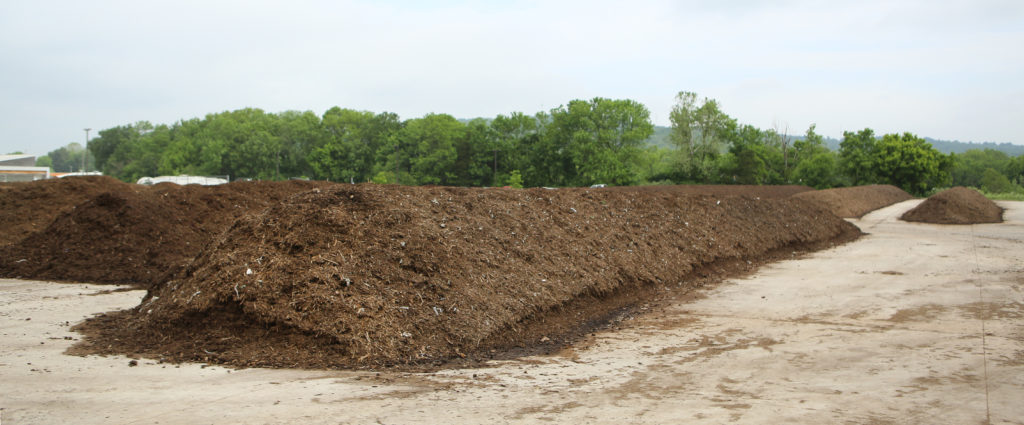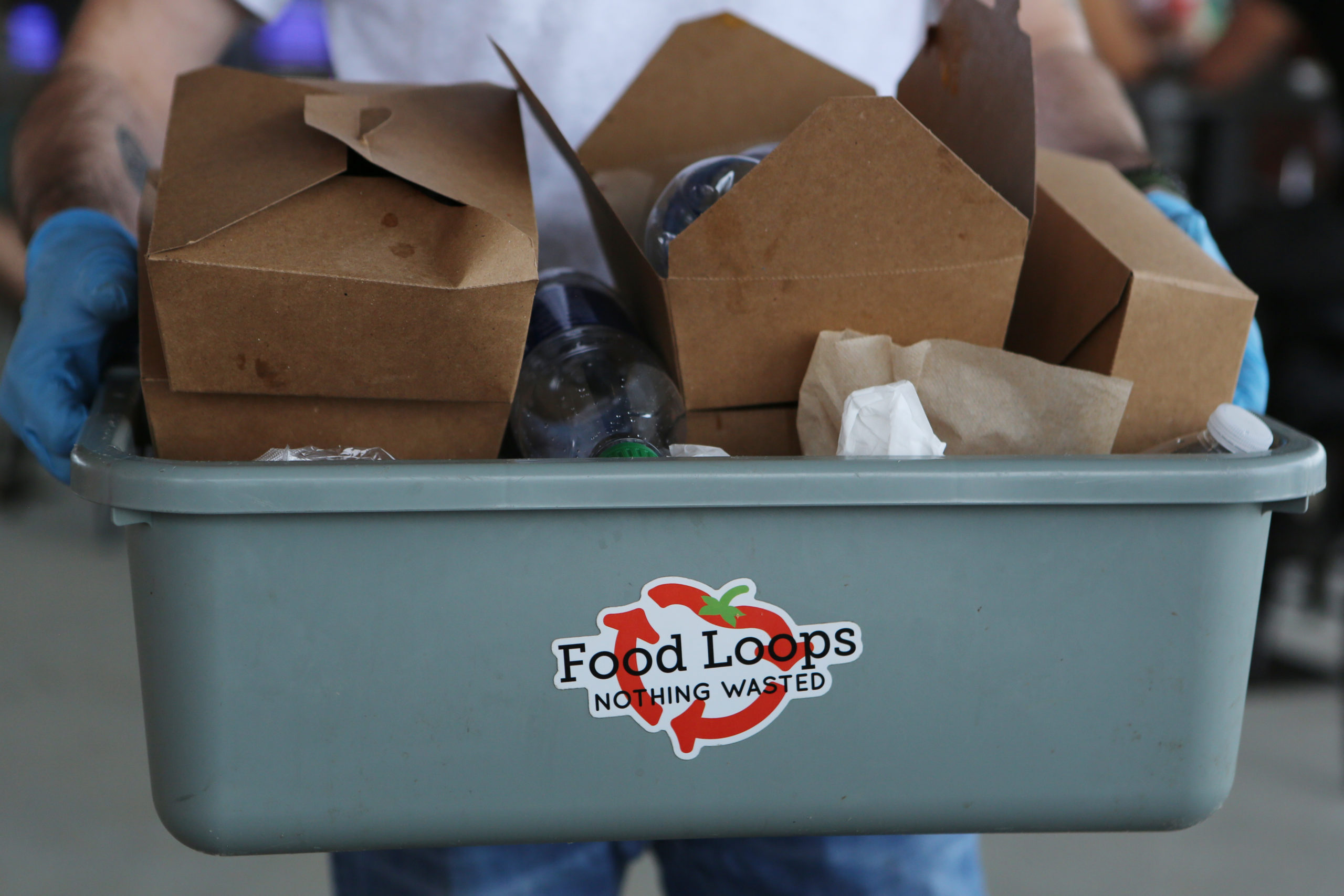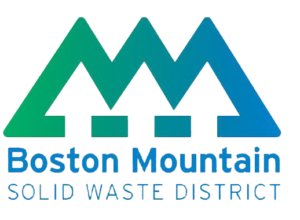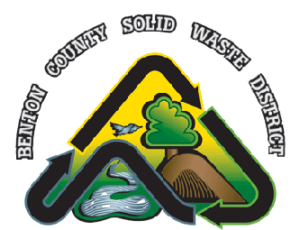A growing network of community groups and businesses are turning kitchen scraps and other food waste into high-quality compost that goes right back into local gardens and farms – a perfect loop of limitless recycling.
The city of Fayetteville set the stage in 2017 when it added food waste to its existing yard waste composting program. Now the University of Arkansas, Fayetteville and several restaurants and other businesses and residents get their food waste picked up by the city or drop it off at several locations around town.
The city takes the scraps to its facility near the southeast city limit, mixes them with enzymes and ground-up yard trimmings, then carefully piles and turns the mixture over three months. The process kills pathogens and breaks the waste down into a dark, earthy material that the city then sells to the public.
The private sector has also joined in during the past few years.
Food Loops in Rogers, for example, sells compostable products and provides subscription food waste pickup services for businesses, events and residential areas throughout Northwest Arkansas. It funnels scraps from such places as the Walmart NW Arkansas LPGA Championship and Bentonville Bike Fest to Fayetteville’s facility.
Food Recycling Solutions, owned by local U.S. Army veteran Richard Ims, provides hauling for Food Loops as well as area restaurants, grocery stores, schools, hospitals, apartment complexes and food manufacturers.
And both businesses partner with Little Rock-based ACE Glass Recycling and the city of Rogers’ recycling drop-off center in order to pick up other recyclables for customers, like bottles and cans, in addition to food. By sorting waste into its different categories and recycling everything that can be recycled, Food Loops has diverted nearly all of several events’ waste from landfills.
Food Loops founder Tom Rohr is on the hunt for a piece of land to create Food Loops’ own compost and branch out into other natural lawn and agricultural products. Food Loops and Fayetteville are adding drop-off locations over time, too.
The composting network is still growing. Ricky and Katie Ludeman relocated this fall from Denver, where composting is a major business, to launch Ozark Compost & Swap, a residential food waste pickup service that will come by weekly or every other week.
The “swap” in the name comes from the other aspect of the service: refilling customers’ home supply of Bentonville-based Airship Coffee Roasters beans (which can then be composted after use) and other household products, saving packaging and supporting the local economy.

Fayetteville’s composting site turns yard waste and food scraps into compost by carefully piling and mixing the material for several months.
Why should I recycle food waste?
Composting saves landfill space, prevents emissions of some greenhouse gases like methane, helps plants absorb more carbon dioxide, and provides natural fertilizer for local farming and gardening. In some cases it can also save you money on trash hauling.
How can I recycle food waste?
You have a few options depending on where you live.
Fayetteville residents can join the city’s composting program with free buckets and drop-off locations. Businesses in the city can sign up for pickup services.
Regionwide, contact the businesses mentioned above for commercial or residential subscription services:
- Food Loops (commercial and residential).
- Food Recycling Solutions (commercial).
- Ozark Compost & Swap (residential).
Composting can also happen in your backyard. Fayetteville has a helpful starting guide online. Much more can be found in books like the classic “Worms Eat My Garbage,” which features a 35th anniversary edition updated and expanded by NWA author Joanne Olszewski.













